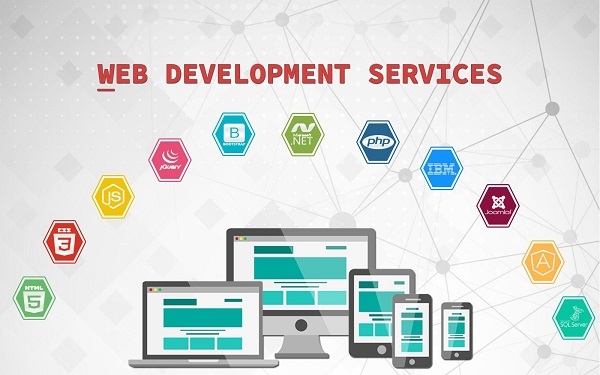
In the powerful outlook of web development staying abreast of the latest tools and technologies is crucial for creating cutting edge and efficient websites. This is especially true for the web development scene in Pakistan which has witnessed a significant boom in recent years. we will delve into the key tools and technologies that are shaping the web development in Pakistan empowering developers to create innovative and high performing digital experiences.
1. Text Editors and Integrated Development Environments (IDEs):
Pakistans web developers often rely on popular text editors like Visual Studio Code and Sublime Text, as well as feature rich IDEs like PhpStorm and WebStorm. These tools streamline coding, provide syntax highlighting, and offer a plethora of extensions to enhance productivity.
2. Version Control Systems:
Git, with platforms like GitHub and GitLab, is an integral part of the web development workflow in Pakistan. This enables collaborative development, code versioning, and easy management of projects, ensuring a smooth and efficient coding process.
3. Frontend Frameworks:
Frameworks like React.js and Vue.js have gained immense popularity in Pakistan for building interactive and responsive user interfaces. The modular and component based approach of these frameworks aligns well with the agile development practices adopted by Pakistani web developers.
4. Backend Technologies:
Node.js, along with Express.js, is a preferred choice for backend development in Pakistan due to its ability to build scalable and fast server side applications. Additionally, PHP, Laravel, and Python with Django continue to be prominent backend technologies.
5. Database Management Systems:
MySQL and MongoDB are widely used database systems in Pakistan, catering to both relational and NoSQL database requirements. Their robustness and scalability make them go to choices for web developers.
6. Responsive Design and CSS Frameworks:
Bootstrap and Tailwind CSS are instrumental in creating responsive and visually appealing designs. With the increasing emphasis on mobile first development, Pakistani web developers prioritize these frameworks for crafting user friendly interfaces.
7. Web Hosting and Deployment Platforms:
Services like AWS, DigitalOcean, and Heroku are extensively utilized for hosting and deploying web applications in Pakistan. These platforms offer scalable infrastructure and robust hosting solutions, ensuring optimal performance.
8. Testing and Debugging Tools:
Web developers in Pakistan employ tools like Jest Mocha & Selenium for testing and debugging their applications. Ensuring the reliability and functionality of code is a fundamental aspect of the development process.
9. Security Measures:
With cybersecurity becoming a paramount concern Pakistani web developers focus on security measures. Tools like SSL certificates Content Security Policy (CSP) and regular security audits are integral to safeguarding websites and user data.
10. Continuous Integration/Continuous Deployment (CI/CD) Pipelines:
Implementing CI/CD pipelines with tools like Jenkins or GitLab CI is gaining traction in Pakistan. This ensures automated testing seamless integration & efficient deployment workflows.
Conclusion:
In the ever evolving field of web development in Pakistan, staying attuned to the latest tools and technologies is essential for success. Developers in the country are leveraging a diverse set of tools to build robust and innovative web applications, contributing to the dynamic and thriving digital landscape in Pakistan. As the industry continues to evolve, embracing these key tools will be instrumental in shaping the future of web development in the country. Visit Stack360.


